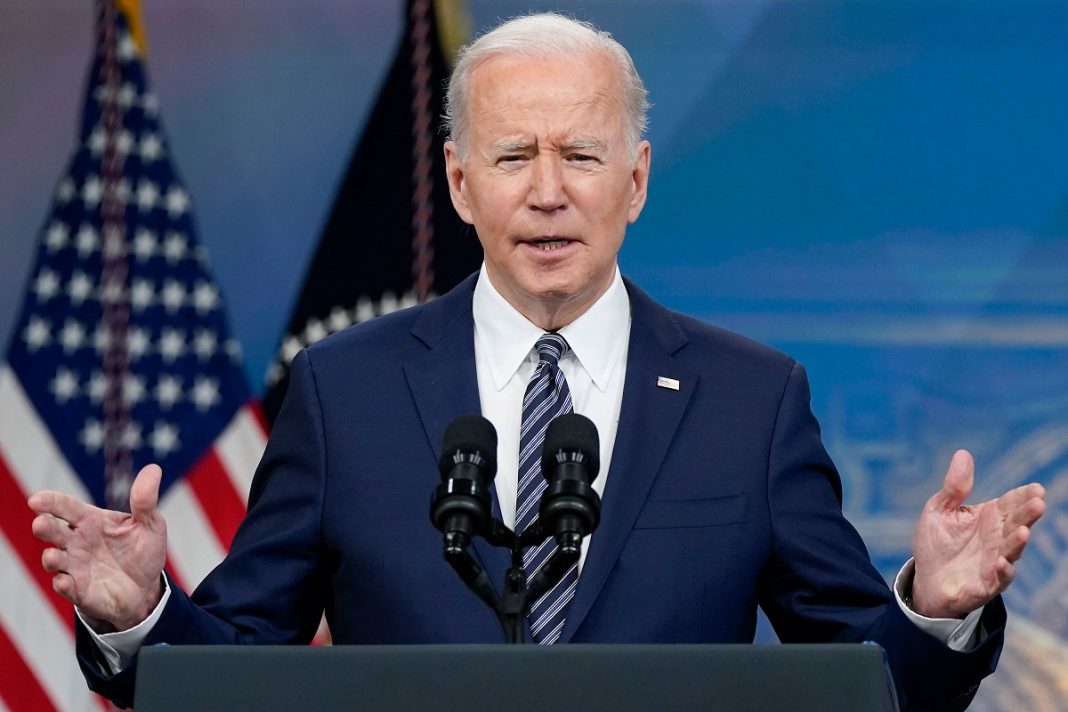Biden is “providing notice of the intent to rescind the designation of Afghanistan as a Major Non-NATO Ally,” the statement read.
In 2012, the United States named Afghanistan a major non-NATO ally, which cleared the way for the two countries to maintain a defense and economic relationship.
Unlike NATO allies of the United States, who are bound together by a joint defense pact, there is no mutual defense guarantee as a non-NATO ally. These allies are eligible to receive material and supply loans, as well as serve as a location for US-owned war reserve stockpiles. Additionally, private companies from the designated country can bid on contracts to maintain, repair or overhaul US military equipment overseas.
The ally status had made Afghanistan eligible to receive military training and assistance, including expediting the sale and leasing of military equipment even after NATO troops left the country.
With Afghanistan’s status rescinded, the US will have 18 major non-NATO allies, according to the State Department. They are: Argentina, Australia, Bahrain, Brazil, Colombia, Egypt, Israel, Japan, Jordan, Kuwait, Morocco, New Zealand, Pakistan, the Philippines, Qatar, South Korea, Thailand and Tunisia. The US designated Colombia and Qatar as non-NATO allies earlier this year.
After the US administration had announced the end of Washington’s 20-year-long military operation in Afghanistan and the launch of its troop pullout, the Taliban embarked on an offensive against Afghan government forces. On August 15, 2021, Taliban fighters swept into Kabul without encountering any resistance, and gained full control over the Afghan capital within a few hours. Afghanistan’s President Ashraf Ghani said he had stepped down to prevent any bloodshed and fled the country. On September 6, the Taliban declared a complete victory in Afghanistan and on September 7 formed an interim government, which hasn’t yet been officially recognized by any country.
